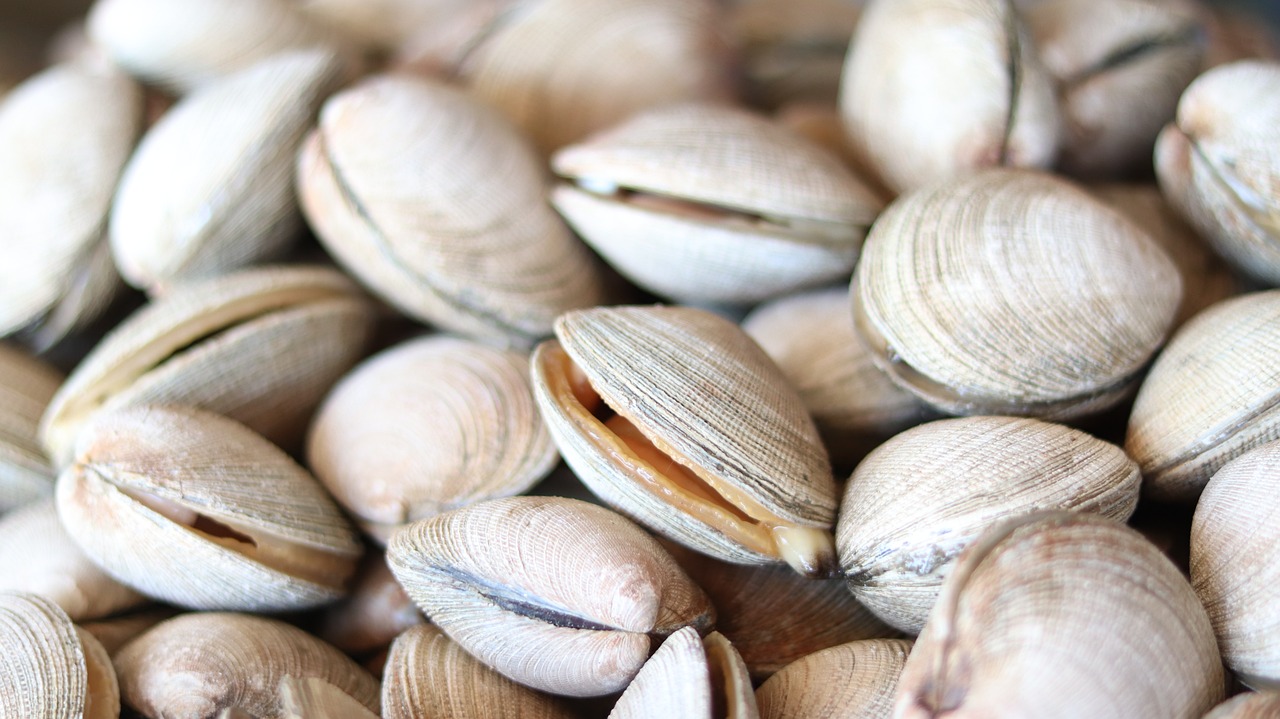The Italian clam production sector is going through a critical moment, with these delicacies practically disappeared from the markets. Lovers of one of the traditional Christmas Eve dishes are in trouble. The clams have been almost completely decimated by the invasion of the blue crab, which has affected the farms in the Po Delta, also damaging the seed reserves. The sea clams, known as lupini, have until now remained unscathed, but are now threatened by a wave of slime that affected the entire Adriatic coast during the summer.
Confcooperative Fedagripesca has raised the alarm to ANSA, expressing concern for a sector that, before the arrival of the blue crab and the problems related to the mucilage, was worth around 300 million euros. The gelatinous masses formed in the summer months have created serious problems for fishing, damaging the gear used and becoming a threat to species such as clams, mussels and cockles; these organisms tend to move little and are dying due to anoxia and the increase in water temperatures. To address this difficult situation, fishermen have decided to temporarily stop their activities and are asking for financial support for the period of inactivity.
With the increasing difficulty in serving dishes of spaghetti with Italian clams, imports have increased significantly; in particular, those from Portugal have become predominant. A survey conducted by Fedagripesca reveals that for seven out of eight Italians, spaghetti with clams is one of the most loved first courses of fish, associated with festive moments. Considering this critical situation, Portugal could represent a solution to repopulate the farms in the regions of Veneto and Emilia Romagna.
However, the road to economic recovery is not easy. Italy was a leader in Europe in clam production and now several aspects must be addressed to bring the sector back to previous levels: it is essential to clean up the waters from the invasion of the blue crab, delimit the areas dedicated to breeding and resume the release of seeds into the sea. Paolo Tiozzo, vice president of Confcooperative Fedagripesca, underlines that one of the main obstacles is the availability of the seed: it is estimated that billions of specimens of true clams are needed, a quantity difficult to find with the “hatcheries” currently available.
The situation is complex and requires coordinated interventions at both local and national levels to safeguard a precious culinary tradition and restore vitality to a sector that is fundamental to the Italian coastal economy.


